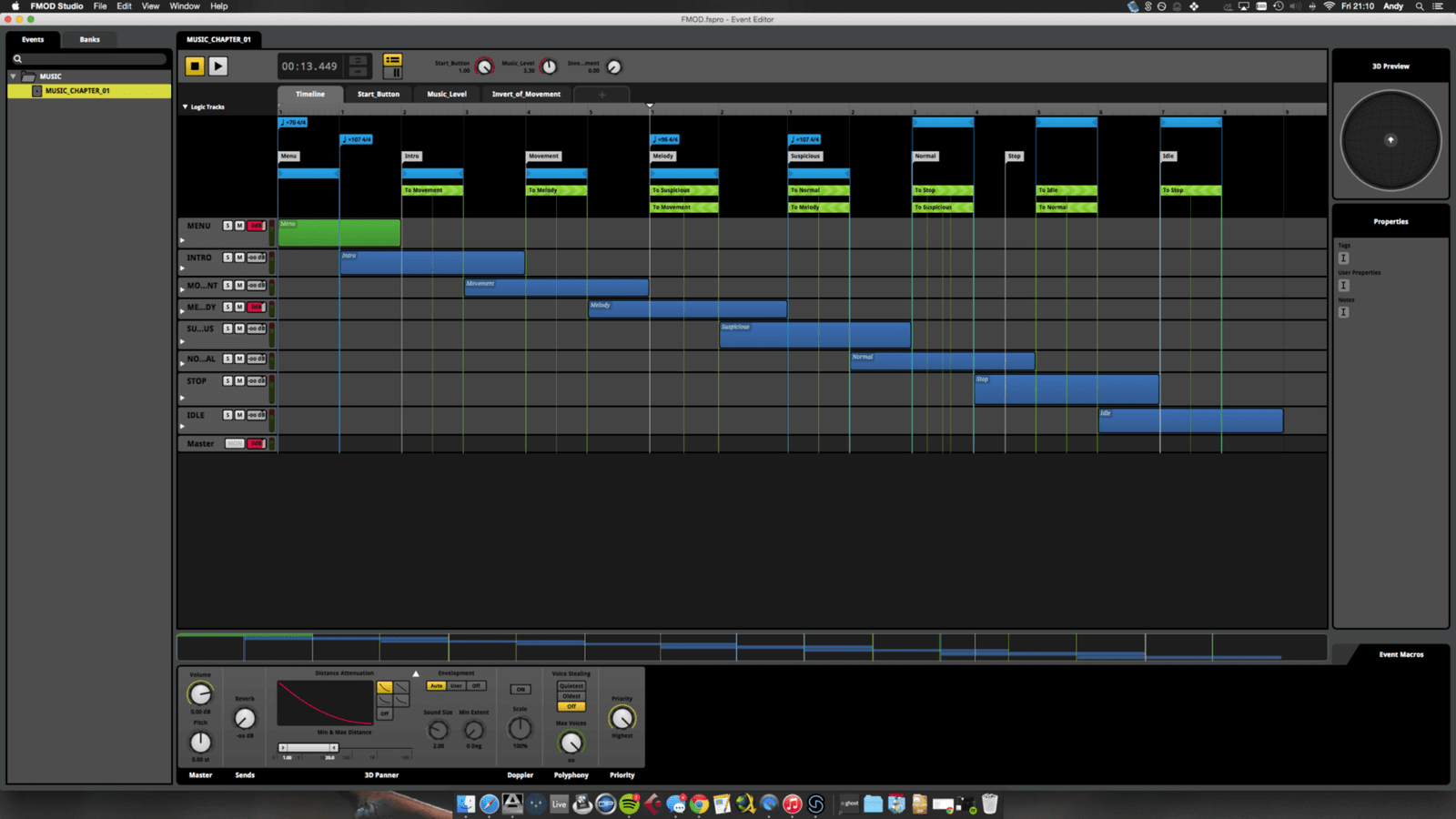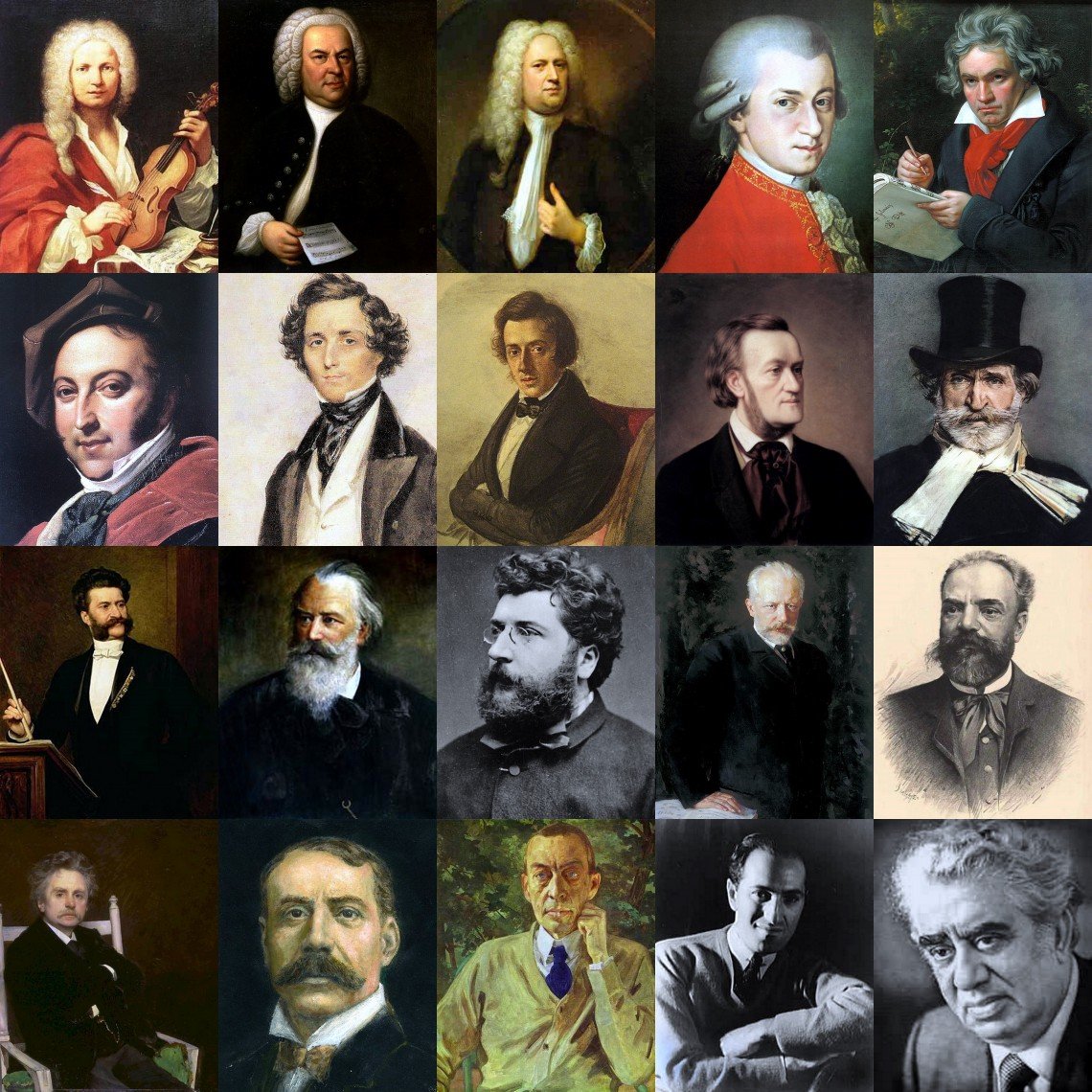Marketing yourself as a music composer is essential in today’s competitive world. Whether you’re just starting or looking to expand your reach, promoting your skills and creating a unique presence can open doors to exciting opportunities. With the right strategies, you can build a reputation that resonates with your target audience. Here, we’ll share some detailed tips to help you effectively market yourself as a music composer.
Create a Professional Portfolio
The first step in marketing yourself as a music composer is to showcase your work. A professional portfolio highlights your compositions and demonstrates your unique style. Include a variety of tracks that reflect your versatility, such as orchestral pieces, electronic music, or scores for films. A well-curated portfolio allows potential clients to understand what you bring to the table.

Build a Strong Online Presence
Having an online presence is crucial for reaching a broader audience. Start by creating a website that includes your portfolio, contact information, and a brief bio. You can also share behind-the-scenes content, blog posts about your creative process, or updates on your latest projects. Use social media platforms like Instagram, Twitter, and LinkedIn to connect with fellow composers and potential collaborators.
Leverage Music Platforms
Music platforms like SoundCloud, Bandcamp, and YouTube are excellent tools for sharing your compositions. Upload your tracks and optimize them with descriptive titles, tags, and engaging descriptions. These platforms allow listeners to discover your music and provide an opportunity for them to share it with others, which increases your visibility.
Network with Industry Professionals
Networking is a powerful way to market yourself as a music composer. Attend industry events, music festivals, and composer meetups to connect with other professionals. Building relationships with filmmakers, game developers, and producers can lead to collaborations and referrals. Be approachable and show genuine interest in others’ work to leave a lasting impression.
Offer Free or Discounted Work Initially
When starting, it can be beneficial to offer free or discounted compositions to build your portfolio and gain experience. For example, you might score a short film for an independent filmmaker or create music for a small video game project. These opportunities not only help you practice your craft but also provide valuable exposure.
Collaborate with Other Artists
Working with other musicians, filmmakers, or artists can boost your profile. Collaboration exposes you to new audiences and helps you develop skills in teamwork and communication. Additionally, it’s a great way to learn from others and create something unique together, which can enhance your credibility as a composer.
Utilize Email Marketing
Email marketing is an effective tool for staying connected with your audience. Create a mailing list and send regular updates about your projects, new releases, or upcoming events. Personalize your emails and include links to your work, ensuring they are engaging and easy to read.
Invest in Quality Branding
Your branding sets you apart from other composers. Invest in a professional logo, business cards, and a consistent visual theme for your online platforms. A polished brand makes you look more professional and trustworthy, which can attract higher-paying clients.
Engage with Your Audience
Engagement is key to building a loyal following. Reply to comments on your social media posts, answer questions from fans, and thank people for their support. Being approachable and interactive creates a sense of connection, which can lead to word-of-mouth promotion.
Keep Improving and Showcasing Your Skills
Continuously improving your skills is vital for staying relevant in the music industry. Take online courses, attend workshops, and experiment with new styles. Share your progress with your audience to show that you are dedicated to growth and innovation. This not only strengthens your abilities but also keeps your audience interested.
Conclusion
Marketing yourself as a music composer takes effort, but the results are worth it. By building a professional portfolio, networking with industry professionals, and maintaining a strong online presence, you can create opportunities that align with your goals. Remember to stay consistent, adaptable, and open to learning. With these strategies, you’ll be on your way to establishing a successful career as a music composer.











